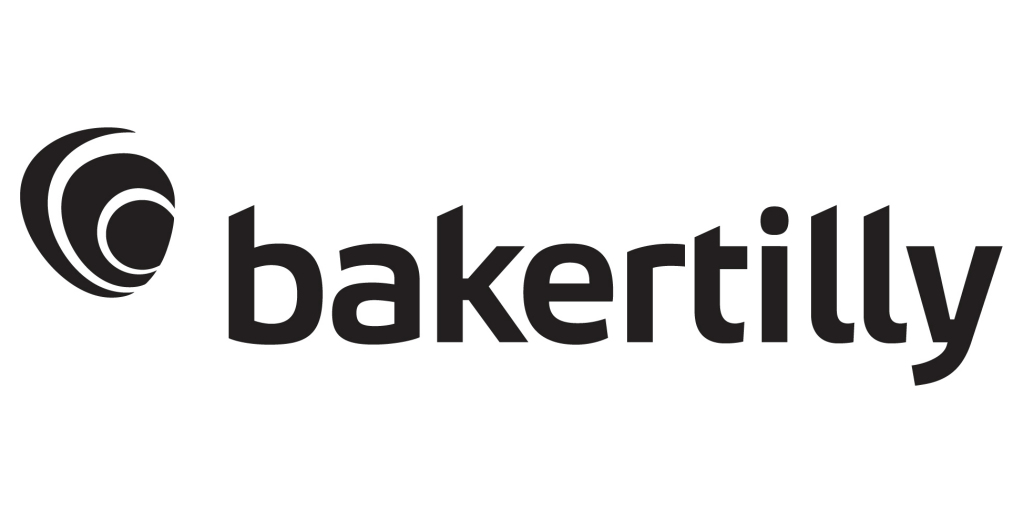Generative AI and Change Management: Baker Tilly’s Insights on Preparing Your Workforce

Authored by Jordan Anderson, Jessica Drexler
As organizations strive to stay ahead in an increasingly competitive market, leveraging generative artificial intelligence (AI) can offer unprecedented opportunities to streamline workflows and seamlessly connect data points. But the path to successful AI implementation goes beyond technology adoption –ou requiring careful consideration of how AI will be deployed, adopted and used throughout the workforce.
Organizations looking to succeed need to take a holistic approach, rooted in strategy and governance, that considers various aspects of organizational readiness. Providing the tools and resources needed to adapt to new processes and technologies will help prepare your workforce for the change and increase the likelihood of its success. This innovative approach plays a crucial role in shaping effective AI change management strategies.
Setting the foundation
As with any initiative, it’s important to establish strategic alignment by clearly defining the purpose and objectives behind the initiative, understanding where your organization is headed in the long term and clarifying how generative AI fits into your strategic vision, mission and values to ensure your AI investment contributes meaningfully to your organization's goals. Establishing the role AI contributes to the overarching strategy goals and objectives promotes priority for the investment of time and resources across the organization.
Additionally, the commitment of leadership is pivotal as your leaders need to actively champion generative AI adoption and communicate its strategic importance to ensure buy-in across all levels of your organization. Regular communication helps to address any concerns early on, builds trust and employee engagement and fosters a culture mindset shift that embraces innovation, continuous learning and adaptability. Active and visible leadership support further promotes the prioritization and attention required to drive buy-in and commitment required for successful adoption.
Conducting a thorough organizational assessment of your current workforce capabilities, including resource capacity, workforce skills and past success in sustaining change can help to identify both existing strengths and areas in need of improvement prior to launching initiatives. By conducting an organizational readiness assessment early in your transformation journey your organization is provided the necessary time and flexibility to mitigate any potential risks and adjust strategies accordingly.
The assessment of individual change readiness at the role level will provide essential insights to the level of effort required to effectively prepare and transition people into the new operating environment. When AI is introduced without proper preparation, employees may revert to familiar manual processes due to a lack of data and AI literacy, leading to a reluctance to adopt. Successful AI deployment requires upskilling your existing workforce while encouraging them to effectively leverage the AI tools you invest in to drive innovation and productivity in their daily workflow.
Leverage effective change management practices
While organizational readiness focuses on your organization’s overall preparedness and ability to adapt to the changes generative AI will bring, change management homes in on the processes of managing, implementing and sustaining the changes within your organization. Leveraging effective change management practices can help your organization enhance data and AI literacy, create shared understanding, build confidence and drive cultural alignment to democratize the use of data and AI while fostering understanding within your workforce.
Your organization can get started by developing a comprehensive change management plan that works in direct support of the AI project implementation plan, outlining the steps, timelines and resources needed to successfully transition people through implementation to the live environment. It’s also important to consider the cultural nuances of your organization and tailor your plan accordingly. Once your plan is set, it’s critical that you effectively communicate through multiple channels to your workforce, leveraging change champions to further rally support and generate buy-in. Be transparent about the goals, progress and impact generative AI will have on the organization and encourage feedback from your workforce to address any resistance proactively.
Establishing comprehensive training programs and skills development will work to build data and AI literacy while ensuring that employees at all levels acquire the necessary skills to utilize generative AI technologies. These programs should be tailored to different roles and skill levels to establish an organization-wide understanding of generative AI functions, its potential applications and how it aligns with existing job functions. This will also create opportunities for employees to collaborate, share best practices and learn from each other, strengthening the commitment to embracing generative AI across your organization.
Ultimately, utilizing change management practices will ensure that the adoption of generative AI is integrated into your organization’s operating system and ways of working. By promoting a culture of experimentation, collaboration and continuous learning, your employees are encouraged to explore new ideas as they engage with generative AI technologies.
AI readiness assessment
Organizational readiness plays a fundamental role in achieving and sustaining a successful generative AI implementation by laying the foundation for everyone across your organization to understand and embrace the incoming change. Engaging in an AI readiness assessment ensures that your organization doesn’t skip the critical step of assessing your current state in order to identify and address risks prior to implementing AI. By ensuring you consider your strategic alignment and workforce readiness and have change management processes in place to manage the implementation, your organization can ensure a more holistic and successful approach to generative AI adoption.
How we can help
Baker Tilly’s digital solutions team provides AI consulting services that help your organization take a more holistic approach to AI adoption by ensuring careful consideration of how AI will be deployed, adopted and used throughout your workforce. Interested in learning more? Contact a Baker Tilly specialist to learn more.

